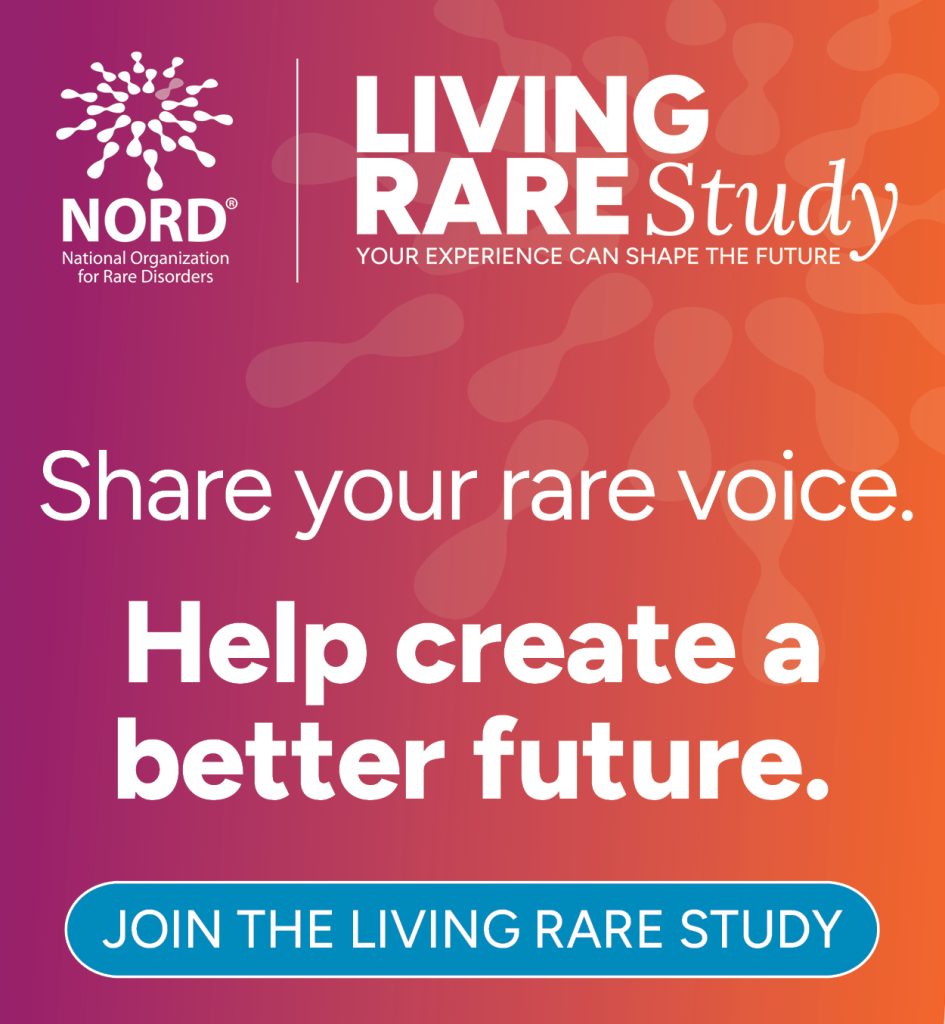NORD recently posted the following question on its Facebook page: How long did it take you or a loved one to get an accurate diagnosis?
We were stunned at the response. Within the first few hours, we got 200 replies and 20% of those who responded had waited 10 years or longer to get an accurate diagnosis.
A significant number had waited 20, 30, even 40 years. Some wrote that, as adults well into middle age, they finally learned that the disabling symptoms they had experienced all their lives resulted from a disease present at birth.
Much has been written lately about the growing emphasis on orphan drug development in the pharmaceutical industry. Approximately one-third of the new drugs approved in recent years have been orphans (for rare diseases).
Some of these new therapies are life-altering or life-saving. But the patients who need these new therapies may never benefit if they can’t get an accurate diagnosis.
During this year marking the 30th anniversary of NORD and the Orphan Drug Act, we have been celebrating progress to date in drawing attention to the need for treatments for all people with rare diseases.
But it’s also clear that we now need to focus on the diagnosis challenge. NORD is committed to doing this. Our staff has already begun outreach to others who can help.
Our efforts will be fueled by the heartbreaking stories we hear every day from patients and families, including the responses to our Facebook question.
Here are a few examples of the Facebook posts:
“It took us 9 years to get a dx for our daughter. It’s been 6 years since then. Now we’re being told that the original dx was probably wrong. So we’re back at square 1.”
“I had symptoms all my life and wasn’t diagnosed until age 39 (polyglandular autoimmune syndrome type 2 or Schmidt’s).”
“8 years. My daughter had Turner syndrome and nobody knew a thing.”
“I was tested for Marfan’s at age 13 but did not get a diagnosis until age 19.”
“It took 9 1/2 years to get my son’s dx of eosinophilic esophagitis finally at age 11.”
“It took until I was 40 to get accurately diagnosed with Ehlers-Danlos syndrome although it has affected me in various ways my whole life, including a life-threatening uterine rupture and hemorrhage at age 18.”
“I was 30 when I was diagnosed with ornithine transcarbamylase deficiency, a urea cycle disorder.”
“It took 3 years for my child to be diagnosed with Majeed syndrome … after several doctors brushed it off as being growing pains … until her immunologist took notice and NIH stepped in. Very grateful!”
“I have been sick most of my life but really searched for 10 years before being diagnosed in 1998 with Behcet’s syndrome and then in 2002 with relapsing polychondritis. Having both diseases is also called MAGIC.”
“I’m 49. 4 years ago I was diagnosed with familial cold autoinflammatory syndrome (FCAS) after suffering all my life with the symptoms of it. After seeing specialist after specialist, an allergy specialist put an ice pack on my arm and the rest is history. I would like doctors to be more educated about rare diseases.”
“50 years for HAE (hereditary angioedema).”
“5 years and many tears and tons of money!!”
Have you experienced diagnosis delay? NORD will be gathering examples, now and in the future, to support our efforts to draw attention to this important issue. We’d love to hear from you. Comment here or join our conversation on Facebook.





